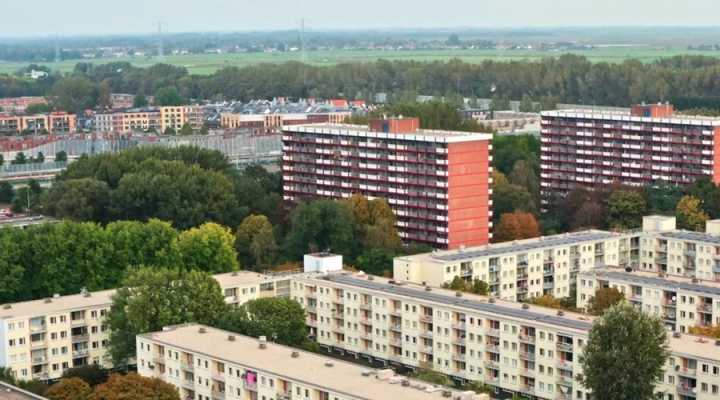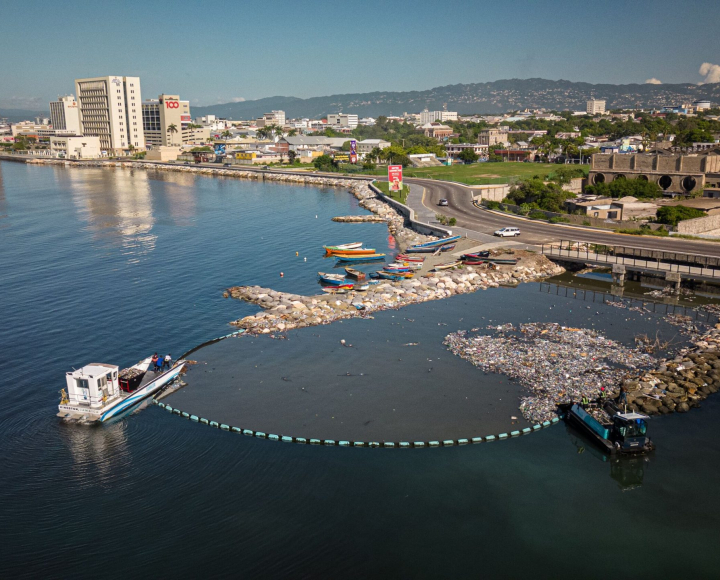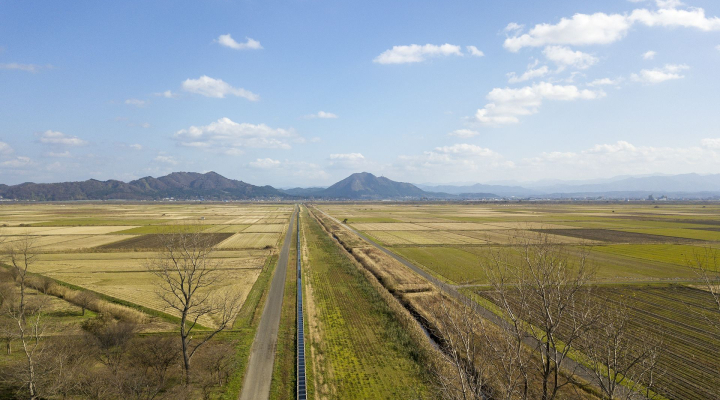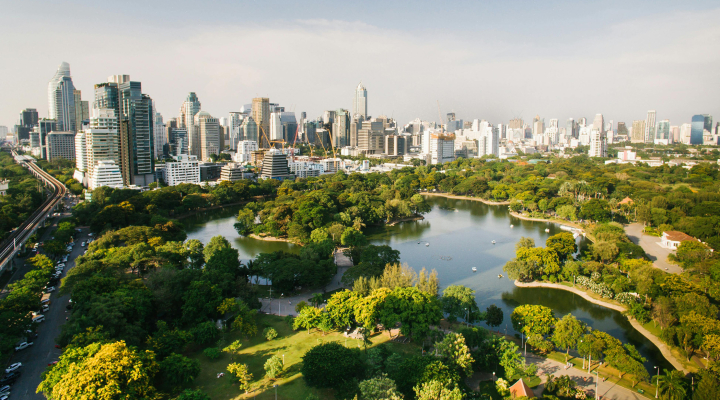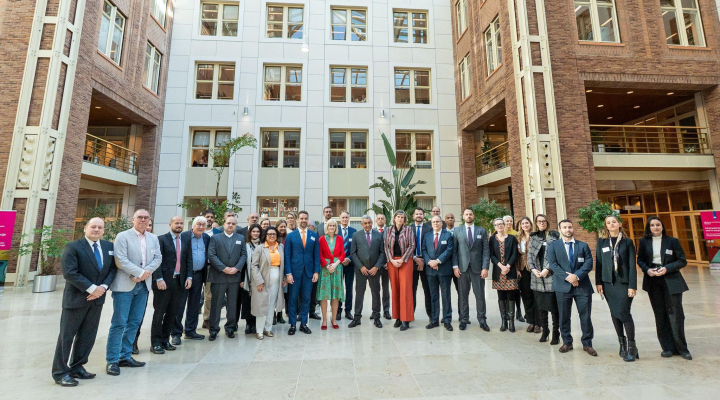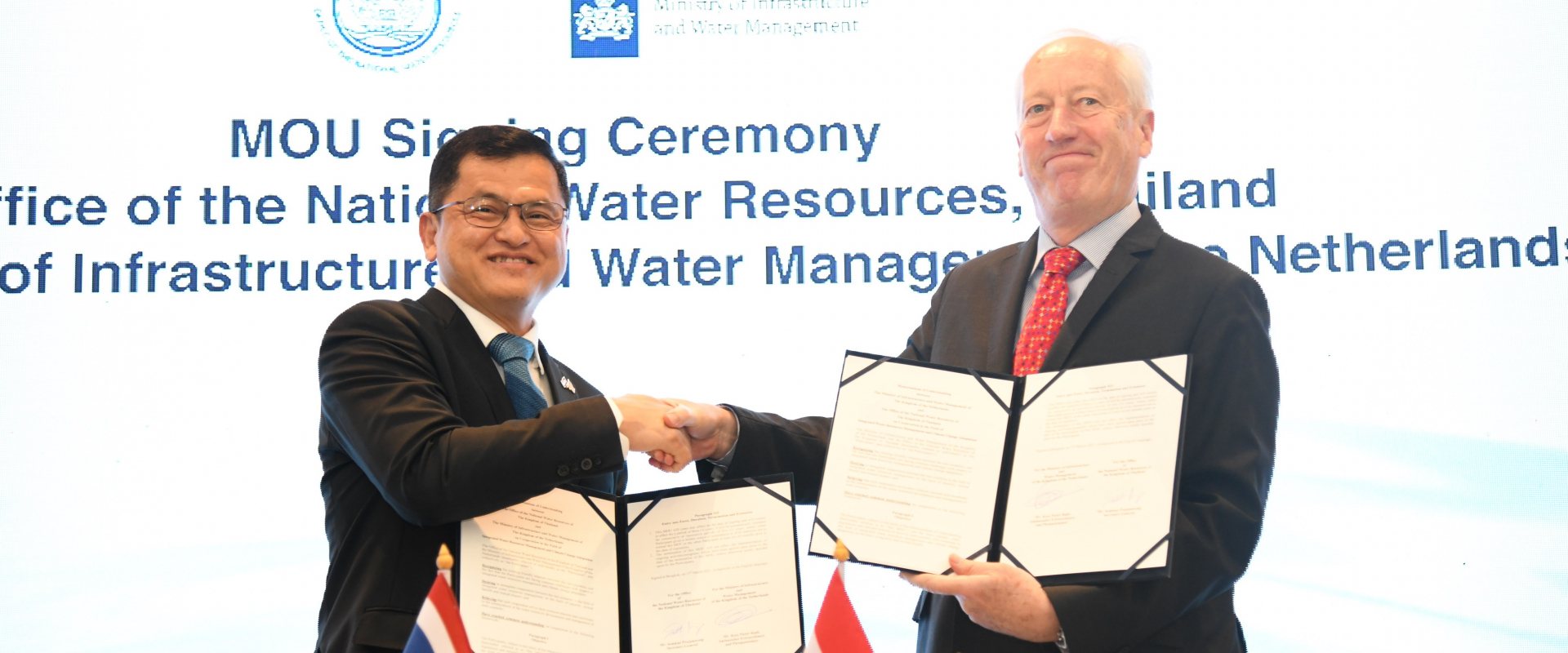
Thailand and Netherlands intensify cooperation on water management
Secretary-General Dr. Somkiat Prajamwong of the Office of National Water Resources (ONWR) and Kees Rade, Ambassador of the Kingdom of the Netherlands to Thailand, jointly signed a memorandum of understanding for a closer cooperation on integrated water resources management and climate change adaptation. The signing ceremony took place in Bangkok on 15 March.
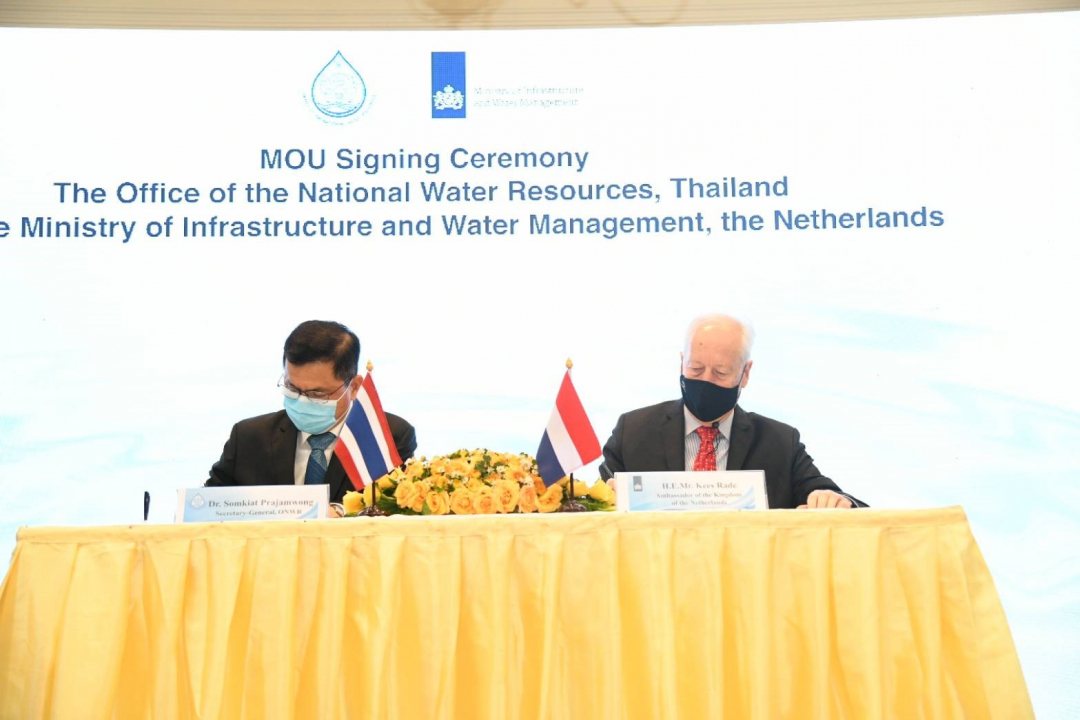

More extreme rainfall
The Memorandum of Understanding (MoU) has the aim to intensify the cooperation between Dutch and Thai water sectors. Both countries already have a long history of sharing knowledge on flood management. Following the severe floods in and around Bangkok in 2011 this relation intensified in areas such as flood early warning.
During the signing ceremony it was often mentioned that both countries share the same water-related issues that are linked to densely populated river delta areas. Climate change is magnifying these issues.
Changing weather patterns are already occurring with more frequent periods of extreme rainfall and extending periods of droughts. And looming ahead is the issue of sea level rise that will not only bring more coastal floods but it will also mean that rivers are limited in discharging their peak flows which will lead to more inland floods as well.
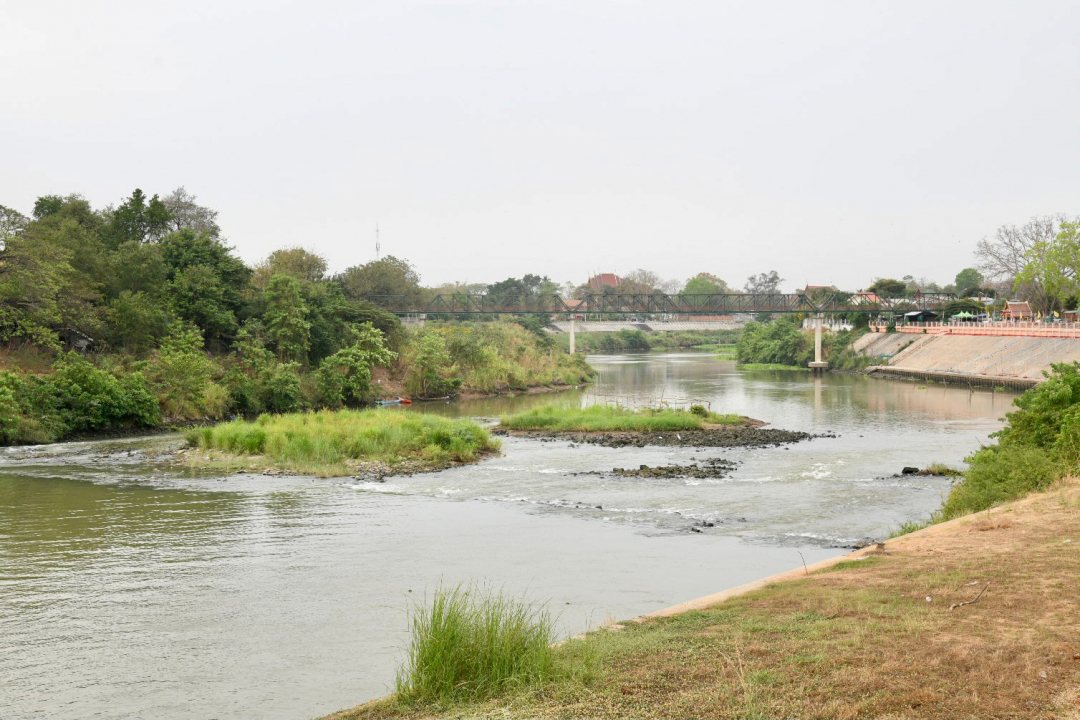

Integrated water management
To meet the current and future water issues, the government of Thailand took rigorous measures following the Bangkok floods in 2011. It introduced an integrated water law, developed a 20 year strategic water resource masterplan and formed the Office of National Water Resources (ONWR) in 2017 for the overall coordination of all water-related issues.
One of the official tasks of the new office is to seek cooperation and form national and international partnerships for the development of new innovative solutions. The intensification of the cooperation with the Netherlands on the issue of integrated water resource management is in line with this policy.
For the Netherlands the MoU meets with the policy to share experiences with other delta regions and develop new ways to adapt to climate change.
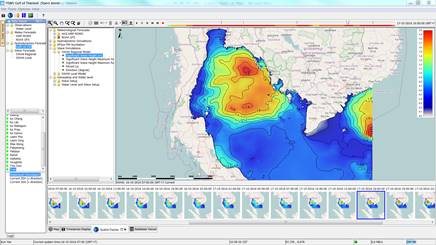

Share lessons learned
On the occasion, Secretary-General Dr. Somkiat Prajamwong of ONWR underpinned the importance of efficient water management and international cooperation. ‘Floods and droughts brought heavy losses to the Thai economy. We now have a central water body and a strategic water masterplan to achieve a national sustainable water management system. For the implementation of our masterplan we have to broaden our cooperation to be able to share the lessons learned and to develop new technologies'.
It is my confidence that this MoU will benefit us mutually in managing the upcoming effects of climate change', Dr. Somkiat said.
Dutch ambassador Rade in return said that in the Netherlands the public sector, private sector and knowledge institutes work closely together on finding new solutions to water issues. ‘This coordinated way of working has proven useful for the Netherlands', said Rade. 'We feel that we should share these experiences on water management where possible with other countries. Therefore, we are very interested in intensifying our cooperation with Thailand on this issue‘.




